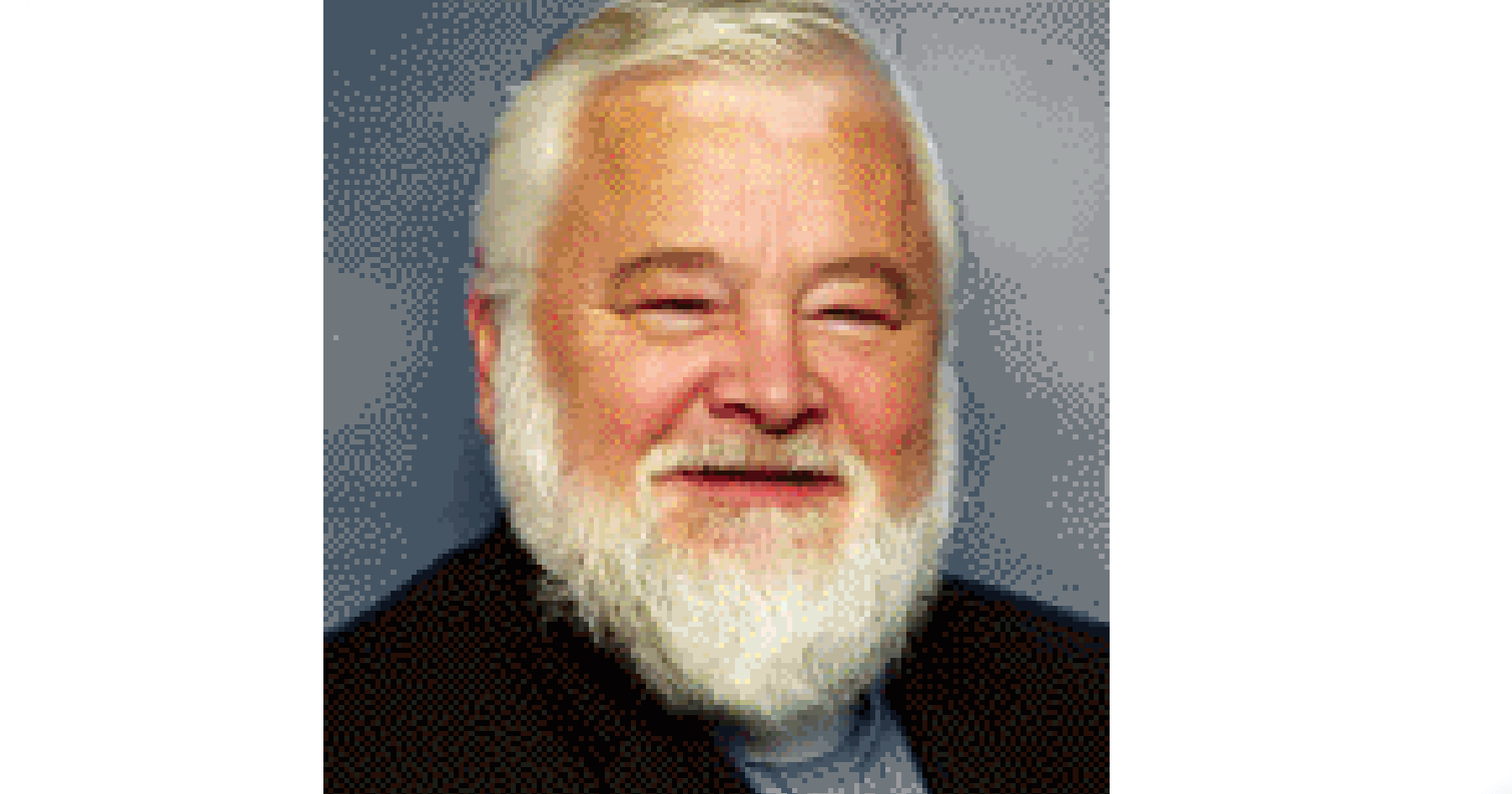Does God exist? A few years ago, ABC’s Nightline featured a debate between two Christians and two atheists about the existence of God. Ray Comfort, a street preacher, and Kirk Cameron (the former sit–com actor who played eldest son Mike Seaver on “Growing Pains”) faced members of the so–called Rational Response Squad.
In the Christian corner, Comfort claimed to be able to prove the existence of God scientifically without the use of faith. Simply put, he said, if there is a design, there must be a designer – because you can find out the specific person who designed physical items such as buildings, paintings, and cars.
That’s not a new argument. Called the cosmological argument, it’s been around since Plato and Aristotle, who used it to prove the existence of a First Cause. In Christian theology, it was the foundation of Thomas Aquinas’ argument for the existence of God.
That argument was refuted by the A–team, who noted that if all creations need a creator, then who or what created God? Again, this refutation is as old as dirt. The argument from design does not, in fact, logically lead to a first designer. In any case, neither these two particular Christians nor the Atheists were able to prove their case.
Watching these teams of non–scientists try to explain evolution versus intelligent design proved to be laughable at best. My favourite bit had to be when Kirk Cameron disputed evolution by showing pictures of a ‘crock–a–duck’ and other nonexistent creatures that he claims prove evolution is a fallacy.
Even though the atheists failed to prove beyond a reasonable doubt that God could not have been the spark that set all creation in motion, they seem to have nailed the debate when Cameron pulled out the get–out–of–hell card. This desperate ploy is the old argument that says, “what you believe about God will determine where you spend eternity.” Actually, it’s not so much an argument as it is a fear tactic.
I no longer think that Christian faith is about “where we end up after we die.” Christian faith is not focused on our eternal destiny so much as it concerns itself with how we live here and now.
Marcus Borg describes the “earlier paradigm” as an approach which still considers that “the afterlife is central as both promise and motive.” A central question in this way of thinking and believing remains, “Where will you spend eternity?” This earlier paradigm teaches that heaven is a reward given to us for faithful living, whereas hell is a place of eternal punishment and torment for those who live faithlessly.
I’m struck by the number of people for whom this is still true. They seemingly can’t conceive of being Christian for any reason other than gaining the reward of heaven, or to avoid the fear of hell.
Blaise Pascal, the 17th century mathematician and philosopher, thought of this as making a wager. He wrote in his “Pensées” that we cannot trust reason to prove God’s existence. “If there is a God, He is infinitely incomprehensible … we are incapable of knowing what He is, or if He is… Reason can decide nothing here.” Since reason cannot decide the question, one must make a wager, either by guessing or taking a leap of faith. According to Pascal’s logic, one should believe in God as a way of avoiding eternity in hell. In other words, faith was an insurance policy, focused on eternity.
I believe that Christian faith is not primarily about the afterlife. It has much more to do with living a transformed life right here on this earth, in this time and place. It is about loving God and loving our neighbours, as we read in the Great Commandment (Mark 12: 29–31). The Christian life is one of relationship and transformation.
To quote Borg again, “Being Christian is not about meeting requirements for a future reward in an afterlife. Rather, the Christian life is about a relationship with God that transforms life in the present.”
Jesus quite clearly emphasized this life, not the afterlife. We live a good and whole life, transformed by grace and seeking to reach out to all others with God’s love. We don’t do so to pick up a “get out of hell card.” We do so because the God who loves us also loves the world and all its creatures passionately.




